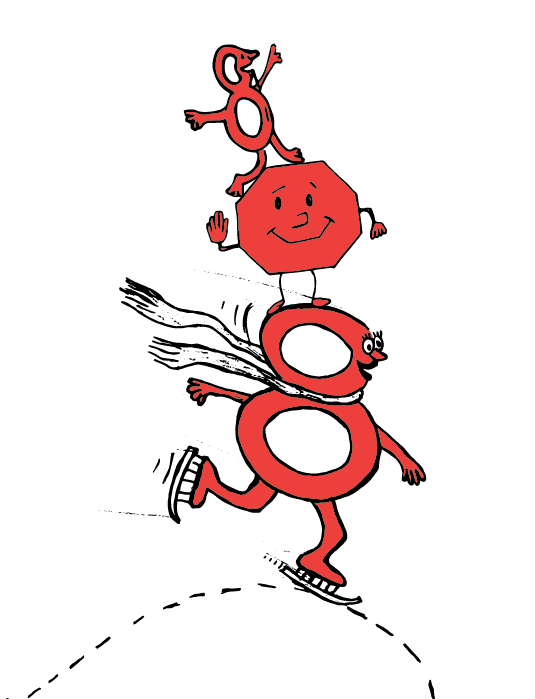The Beauty Of Maths Patterns: Exploring Mathematical Sequences
The Beauty of Maths Patterns: Exploring Sequences | Mathnasium

Did you know that the Latin prefix “oct” means “eight”? For example, an octopus has eight arms, an octet is a group of eight musicians, and an octagon is a figure with eight sides. But what’s the deal with the tenth month of the year—October?
Though October is the tenth month in the Gregorian calendar (the calendar we use today), in the old Roman calendar, it was the eighth month. Rome’s first emperor, Romulus, created a calendar composed of 10 months (in order): Martius, Aprilis, Maius, Junius, Quintilis, Sextilis, September, October, November, and December.
While the first four months of this calendar are named for Ancient Roman gods and goddesses (Mars, Aphrodite, Maia, and Juno, respectively), the last six months are named for the numerical order in which they appear. Check out their prefixes: Quintilis (five), Sextilis (six), September (seven), October, November (nine), and December (ten).
In 713 B.C., Romulus’ successor Numa Pompilus added two months—Januarius and Februarius—to the beginning of the calendar year, creating the 12-month format we’re familiar with today. Julius Caesar further reformed the calendar in 46 B.C., renaming the month of Quintilis after himself (hence “July”). Sextilis became August when Augustus Caesar solidified these reforms after Julius Caesar’s passing and decided that he, too, wanted a month of his own.
Can you think of any English words that contain the number prefixes listed above? What do those words mean?


Mathnasium meets your child where they are and helps them with the customised program they need, for any level of mathematics.
